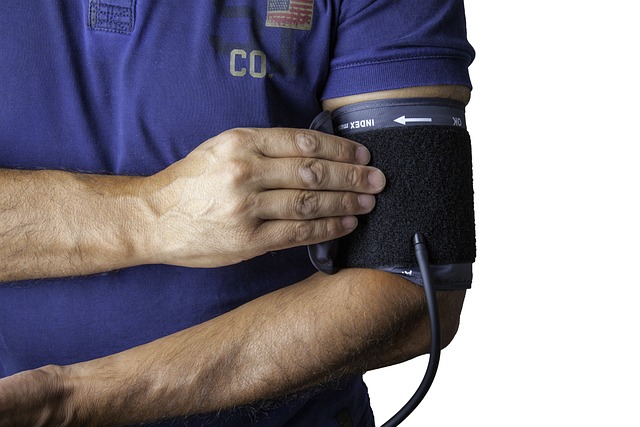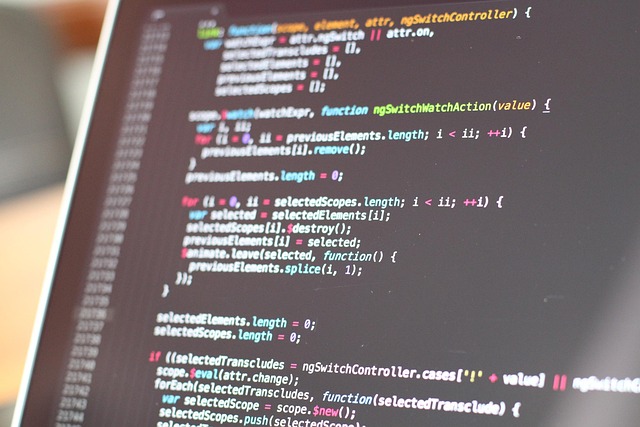Dementia test: How assessments evaluate memory and cognition
A dementia test is a set of assessments clinicians use to evaluate whether changes in thinking, memory, or behavior are consistent with dementia. These tests combine clinical history, cognitive tasks, and sometimes imaging or laboratory tests to form a clearer picture of brain function. Early assessment can clarify causes, guide planning, and identify treatable conditions that mimic dementia, such as medication effects, vitamin deficiencies, or mood disorders.

This article is for informational purposes only and should not be considered medical advice. Please consult a qualified healthcare professional for personalized guidance and treatment.
Dementia: what does a test assess?
A dementia assessment aims to determine whether cognitive decline represents a neurodegenerative process or another reversible issue. Clinicians review symptoms over time, functional abilities, and daily living skills. The evaluation looks at patterns across domains—memory, language, attention, visuospatial skills, and executive function—to identify which areas are affected. Tests also screen for medical, psychiatric, or social contributors. A comprehensive assessment helps classify the likely type of dementia (for example, Alzheimer’s disease or vascular dementia) but often requires follow-up and additional testing for confirmation.
How are memory tests performed?
Memory testing commonly starts with simple tasks such as recalling a short list of words after a delay, remembering a short story, or recognizing previously presented items. Standardized screens like the Mini-Mental State Examination (MMSE) or Montreal Cognitive Assessment (MoCA) include memory items alongside other cognitive tasks. Performance is interpreted in the context of age, education, native language, and baseline abilities. In-clinic testing can be supplemented by reports from family or caregivers, since functional memory problems—like forgetting appointments or repeating questions—are often first noticed by others.
What do cognition tests measure?
Cognition tests measure multiple mental processes: attention and concentration, processing speed, language, problem-solving, and executive functions (planning, judgment, flexibility). Neuropsychological testing provides a more detailed profile, using validated tasks to quantify strengths and weaknesses and to track change over time. This information helps distinguish types of cognitive impairment and informs rehabilitation or support strategies. Cognitive testing also assists with determining capacity for medical or financial decisions and helps guide recommendations for safety and caregiving needs.
How do brain scans contribute?
Brain imaging can support a dementia assessment by revealing structural or functional changes in the brain. MRI or CT scans detect strokes, tumors, subdural hematomas, and patterns of atrophy that may suggest specific conditions. PET scans and specialized MRI techniques can identify metabolic changes or amyloid deposition in research and some clinical settings. Imaging does not on its own diagnose dementia but, combined with cognitive testing and history, contributes to a more accurate picture of brain health and may identify alternative or treatable causes of symptoms.
When should you see a doctor about testing?
If you or a family member notice persistent changes in memory, confusion, new difficulty finding words, frequent disorientation, or reduced ability to manage routine tasks, consult a doctor. Primary care physicians or geriatricians often begin the evaluation, and they may refer to neurologists, psychiatrists, or neuropsychologists for further testing. Ask about local services if you need clinic-based cognitive testing or community support resources. Early assessment helps identify reversible causes, plan care, and connect with appropriate support services in your area.
Follow-up after a dementia test
After initial testing, follow-up is important to monitor progression, response to interventions, and evolving care needs. Clinicians may repeat cognitive tests at regular intervals, adjust medications, recommend occupational therapy for functional adaptations, or suggest lifestyle measures that support brain health. Caregiver education and safety planning (medication management, driving, home safety) are often part of ongoing care. Documentation of baseline cognitive status also helps with future healthcare decisions and discussions with legal or financial professionals when appropriate.
Conclusion
Dementia testing is a multi-step process combining history, cognitive assessments, physical exams, and sometimes imaging or laboratory tests to understand changes in memory and cognition and how they affect daily life. Results guide clinical decisions, identify treatable conditions, and help plan support and monitoring. Discuss concerns with a qualified doctor or specialist and consider follow-up assessments to track changes and refine care over time.






